Your Local Fueling Company, Keeping Families Warm & Businesses Thriving.
4 Things to Expect When Purchasing a Fuel Tank
Investing in a fuel tank requires careful consideration to ensure safety, efficiency, and compliance. Whether you're using it for residential, commercial, or industrial purposes, several factors influence your purchase. Let's explore how understanding elements like tank capacity, on-site fueling, regulation compliance, and tank maintenance can help you make an informed decision.
1. Tank Capacity Can Vary
When selecting a fuel tank for residential use, capacity plays a significant role in meeting your household's energy demands. According to This Old House, residential propane tanks can hold as much as 1,000 gallons. While smaller tanks, such as 300- or 500-gallon options, may suffice for occasional heating or cooking needs, a larger tank provides extended fuel storage and reduces the frequency of refills. Evaluating your home's energy consumption will help determine the most efficient tank size for long-term convenience and cost-effectiveness.
2. On-Site Fueling Saves Time and Money
Using an above-ground fuel tank for on-site fueling can improve efficiency and reduce costs for businesses that rely on regular fuel usage. Instead of sending vehicles or equipment off-site to refuel, having a dedicated tank on your property allows for quick and convenient access to fuel. This minimizes downtime, reduces fuel-related travel expenses, and helps streamline operations.
3. Compliance With Local Regulations Is Essential
Before purchasing, research local regulations and environmental laws related to fuel storage. Many areas have strict guidelines regarding tank installation, spill prevention, and safety measures. Failure to comply can result in costly fines or legal issues. Working with professionals who understand these regulations can help ensure your tank meets all necessary requirements and operates safely.
4. Maintenance Requirements Influence Longevity
Proper maintenance extends the lifespan of a storage system. Tanks should be inspected regularly for leaks, rust, or structural weaknesses. Routine maintenance not only ensures safe operation but also helps prevent costly repairs or replacements in the future. Cleaning the tank periodically and checking for sediment buildup can help maintain fuel quality. Additionally, keeping valves, hoses, and connections in good condition reduces the risk of leaks and ensures efficient fuel flow.
Taking the time to research and plan will help you select a fuel tank system that fits your requirements while ensuring long-term reliability. By considering these key factors, you can make a well-informed investment that supports safe and efficient fuel storage. Reach out to Garrow Oil & Propane to get started with our services today!
Business Hours
- Mon - Fri
- -
- Sat - Sun
- Closed
Walk-Ins Welcome at the Appleton Location After-Hours Emergency Service Available

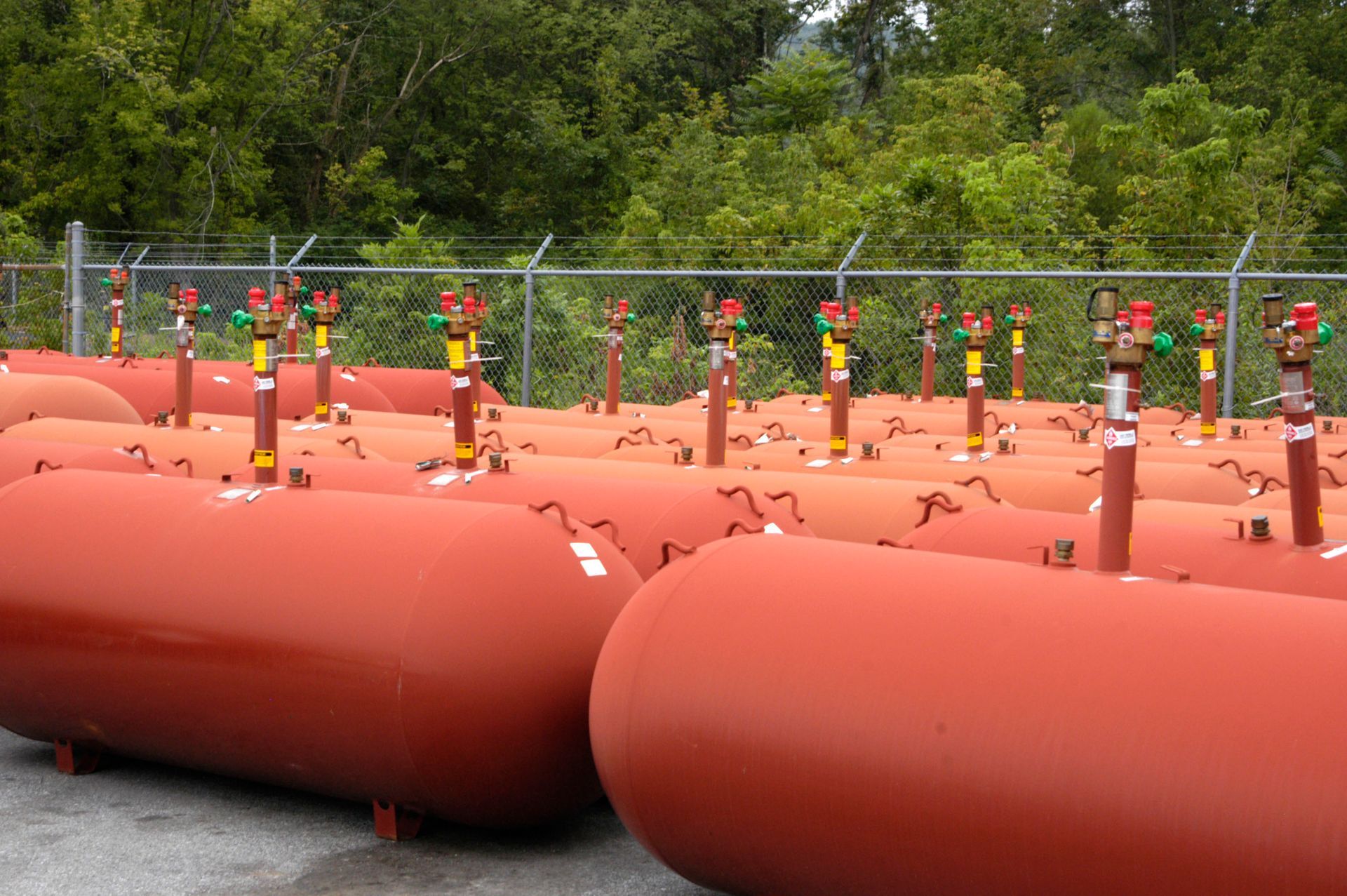
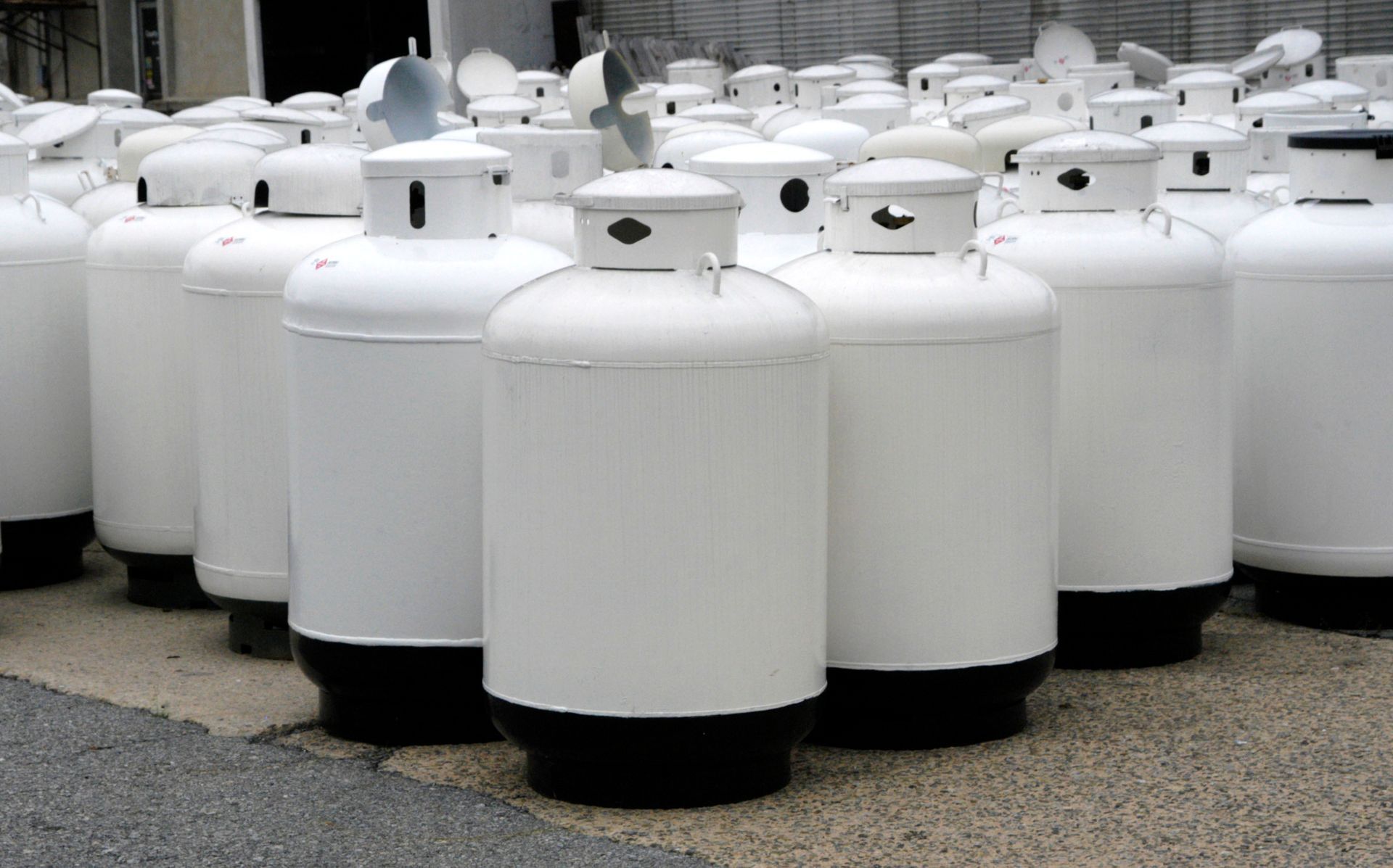
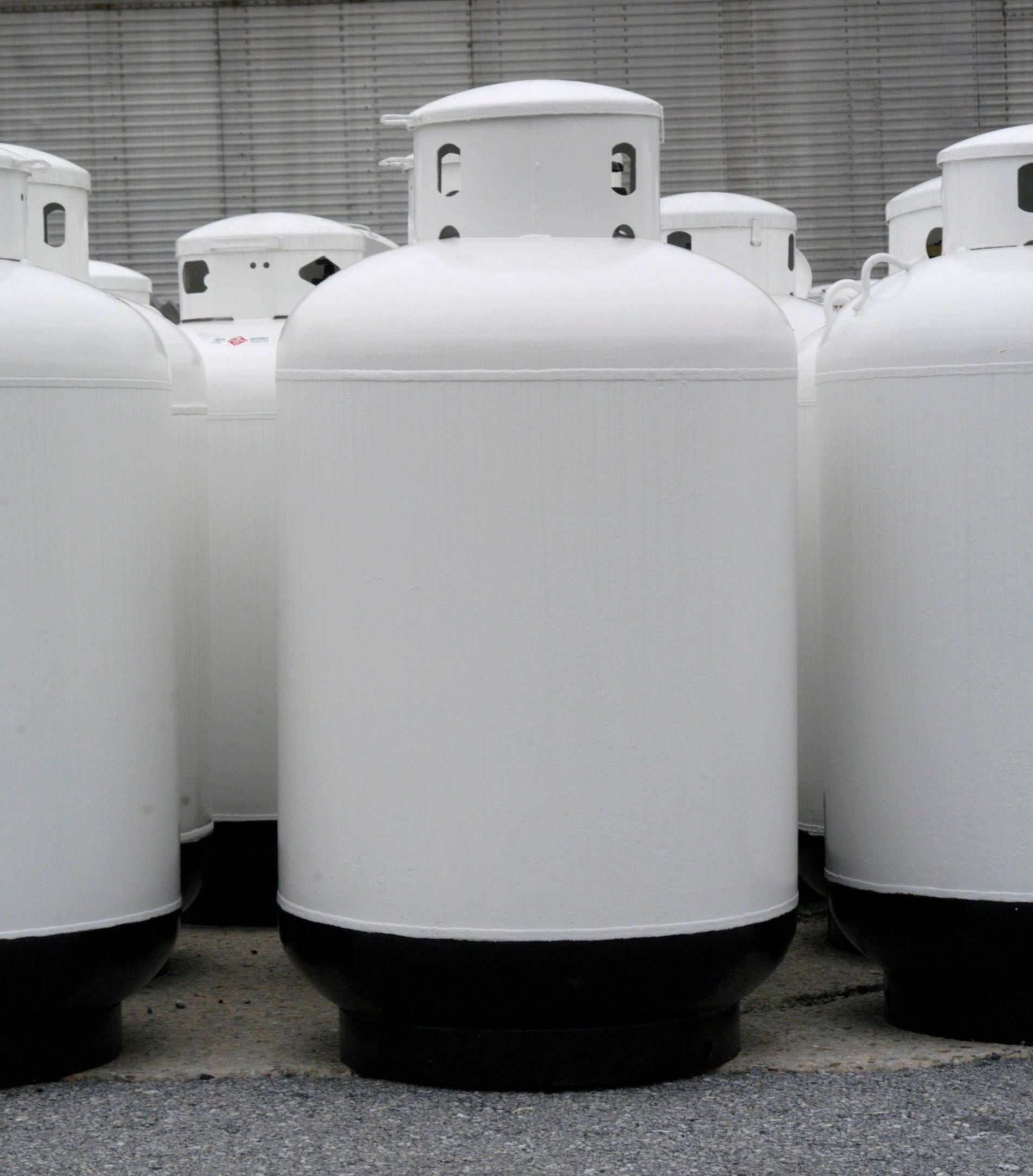
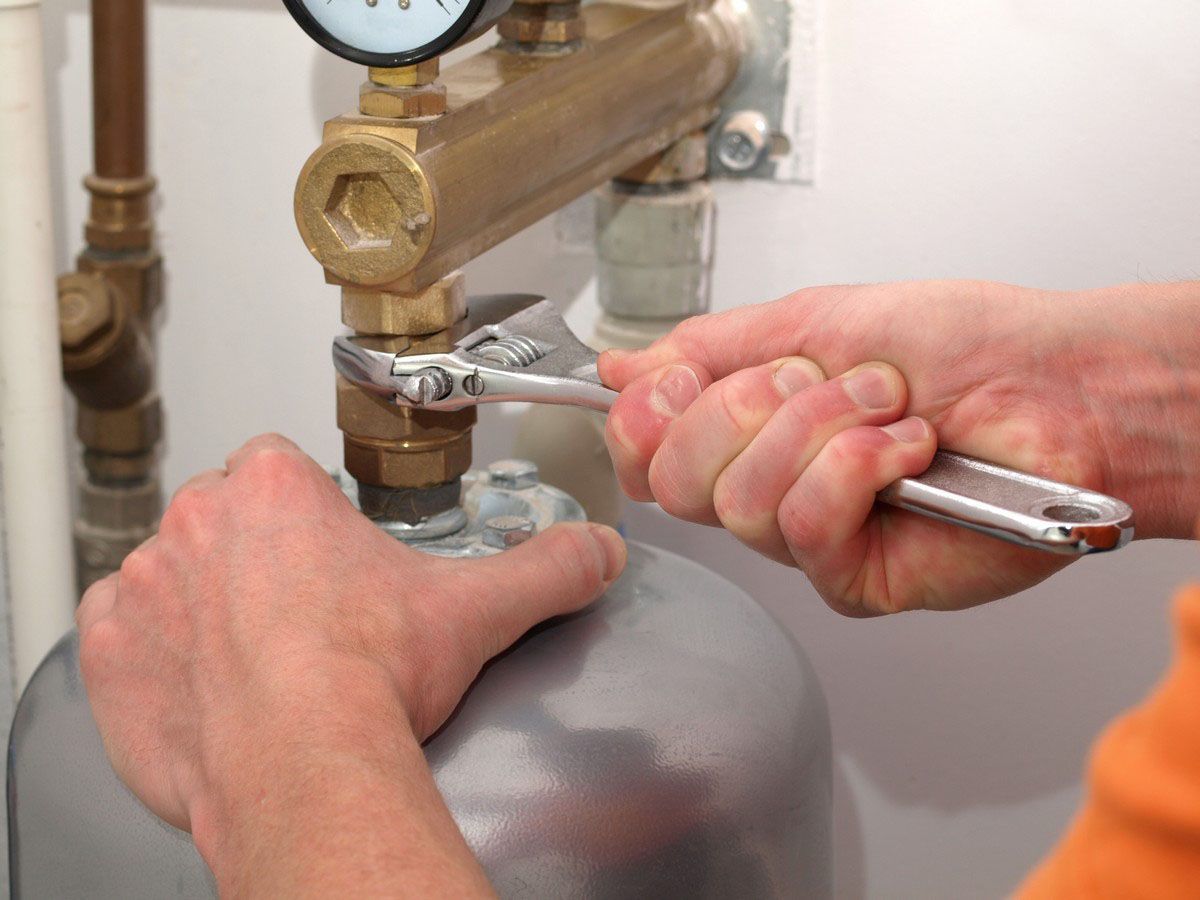
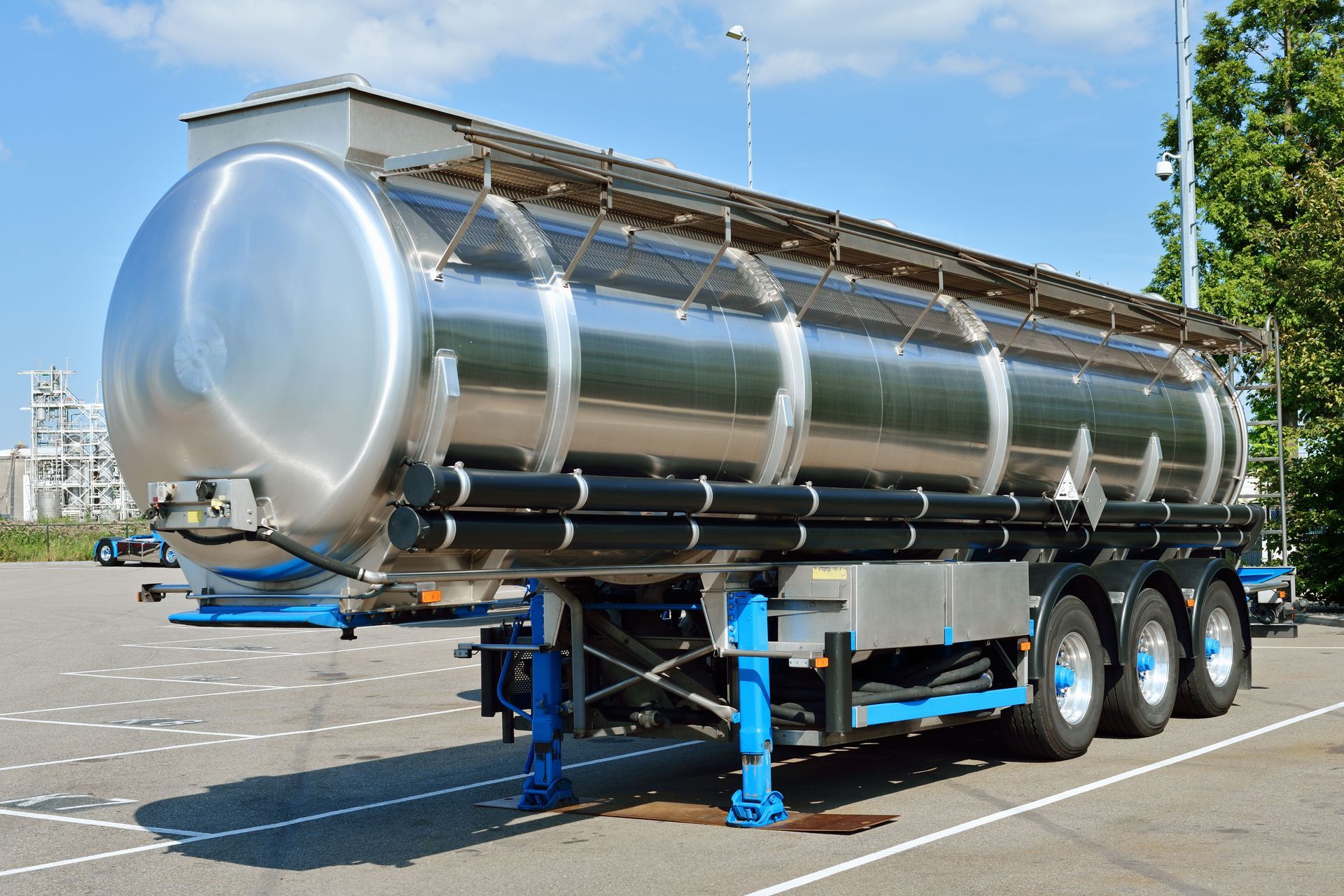
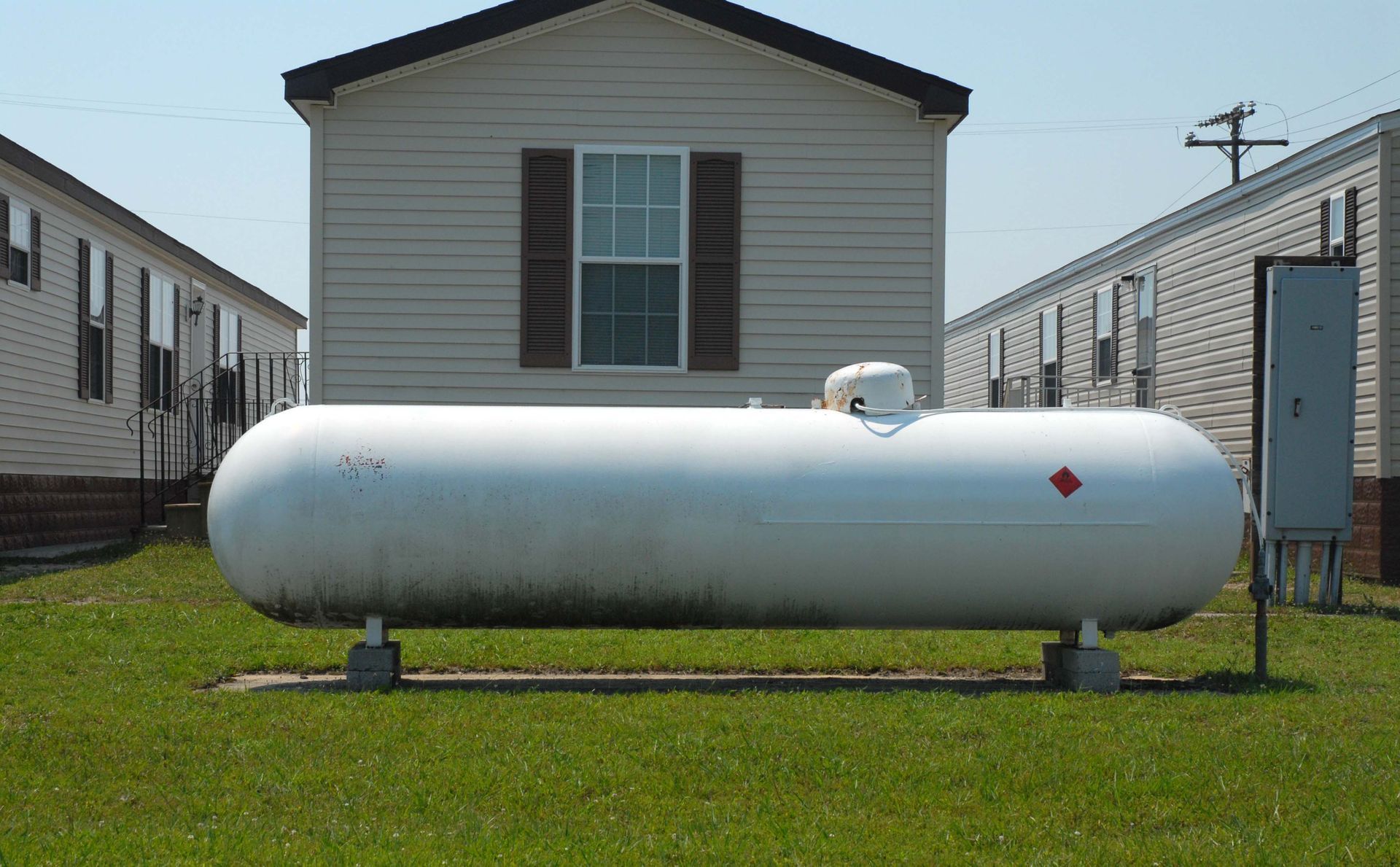


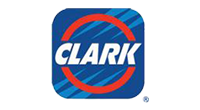






Share On: